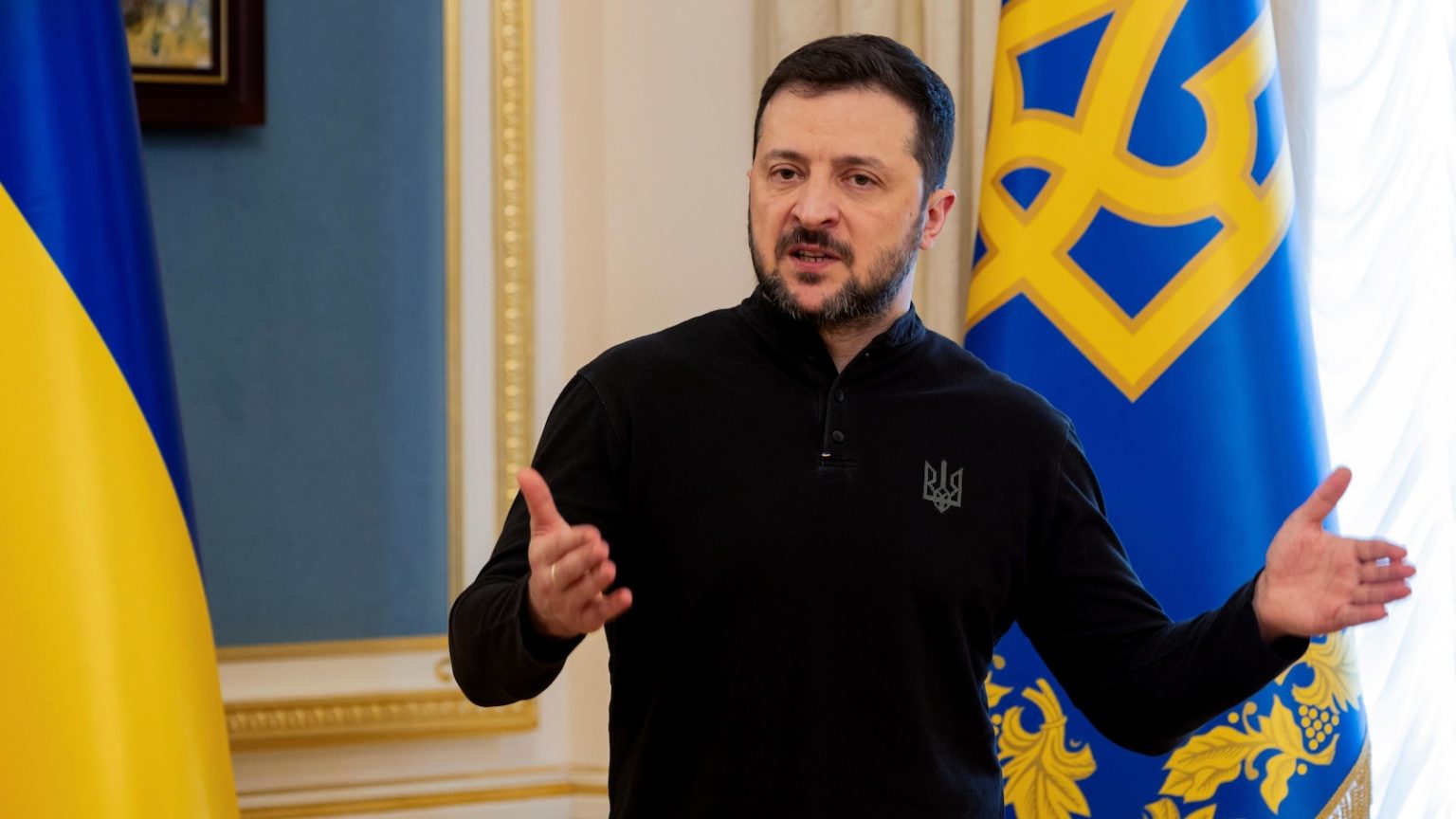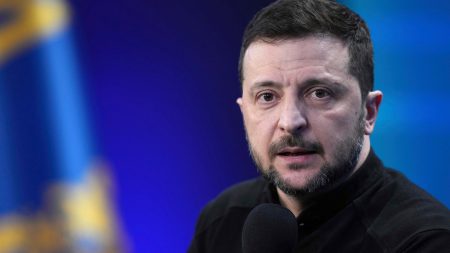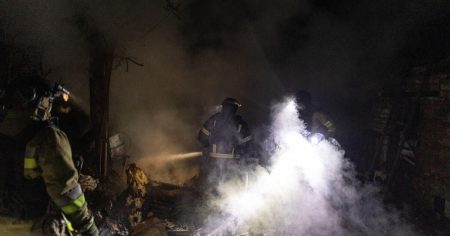The False Narrative: Trump’s Misplaced Blame on Ukraine
In a shocking display of misinformation, former U.S. President Donald Trump recently shifted the blame for the ongoing war in Ukraine to the victim itself—the Ukrainian people. Trump falsely accused Ukraine of starting the conflict that has claimed tens of thousands of lives and displaced millions. This baseless claim has sparked outrage in Ukraine, a nation that has been valiantly defending itself against Russia’s unprovoked aggression since February 24, 2022. Trump’s statements have not only fueled disinformation but also mirrored the narrative perpetuated by the Kremlin, drawing sharp criticism from Ukrainian leaders and international observers alike.
The war in Ukraine did not begin in 2022, as Trump suggested. Its roots trace back to 2014, when Russian President Vladimir Putin illegally annexed Crimea and orchestrated an armed conflict in the Donbas region of eastern Ukraine. This prolonged conflict simmered until 2022, when Putin launched a full-scale invasion under the pretext of protecting Russian-speaking civilians and preventing Ukraine’s integration with NATO. Despite Russia’s claims, the invasion was a clear act of aggression, violating international law and Ukraine’s sovereignty.
Discrediting Ukraine’s Democracy: Trump’s Claims on Elections and Leadership
Trump further escalated his rhetoric by labeling Ukrainian President Volodymyr Zelenskyy as “a dictator without elections” and falsely claimed that Zelenskyy’s approval ratings had plummeted to 4%. These statements are deeply misleading and contradict the reality of Ukraine’s democratic processes. Zelenskyy was democratically elected in 2019 with an overwhelming majority, securing a five-year term. The next presidential elections were originally slated for 2024, but Ukraine’s martial law, imposed in response to the Russian invasion, has legally postponed electoral processes.
Ukrainian law prohibits elections during martial law, a measure necessitated by the ongoing war. Zelenskyy has repeatedly stated that elections will resume once the country is no longer under attack. The practical challenges of holding elections during a war are immense. Millions of Ukrainians have fled the country as refugees, and many more are serving in the military or living under Russian occupation. Conducting a fair and inclusive electoral process under these conditions is nearly impossible, as it would disenfranchise millions of citizens and undermine the legitimacy of the vote.
Contrary to Trump’s claims, Zelenskyy enjoys significant public support. A recent poll by the Kyiv International Institution of Sociology found that approximately 57% of Ukrainians trust their president—an indication of his leadership during the war. Zelenskyy has dismissed Trump’s approval rating figure as Russian disinformation, emphasizing that such claims are part of Moscow’s efforts to destabilize Ukraine and undermine its international standing.
The Human Toll: Exaggerated Claims and the True Cost of War
Another egregious falsehood perpetuated by Trump is his claim that “millions of people” have been killed in Ukraine, including soldiers and civilians, and that much of the country has been reduced to rubble. While the war has undoubtedly inflicted devastating losses, the actual numbers are far from Trump’s inflated figures. According to Zelenskyy, more than 46,000 Ukrainian soldiers have died since the full-scale invasion began in 2022, and tens of thousands of civilians have also lost their lives. However, even these tragic numbers fall far short of the “millions” Trump suggested.
The scale of destruction is undeniable, with entire cities and communities bearing the scars of relentless Russian attacks. Yet, despite the horrors of war, life persists in Ukraine, and the resilience of its people remains a testament to their determination to resist Russian aggression. Trump’s exaggerations not only minimize the suffering of Ukrainians but also distort the international community’s understanding of the conflict.
The Broader Implications: Trump’s Words and the War’s Future
Trump’s statements have significant implications for the ongoing conflict and its perception on the global stage. By echoing Russian disinformation, he risks undermining Ukraine’s international support at a critical juncture. Zelenskyy has called out Trump’s claims as part of a broader Russian disinformation campaign, highlighting the dangers of spreading falsehoods that embolden aggressors and weaken the resolve of those fighting for their freedom.
The international community has widely condemned Russia’s invasion, providing military, economic, and humanitarian aid to Ukraine. However, Trump’s rhetoric risks sowing division and doubt among Western allies. At a time when unity is crucial to supporting Ukraine’s defense, such statements only serve to complicate diplomatic efforts and embolden Putin’s regime.
In conclusion, Trump’s recent remarks on Ukraine are a stark reminder of the dangers of misinformation and the importance of standing with truth and justice. As the war rages on, the world must remain vigilant against false narratives and continue to support Ukraine’s brave fight for sovereignty and democracy.















